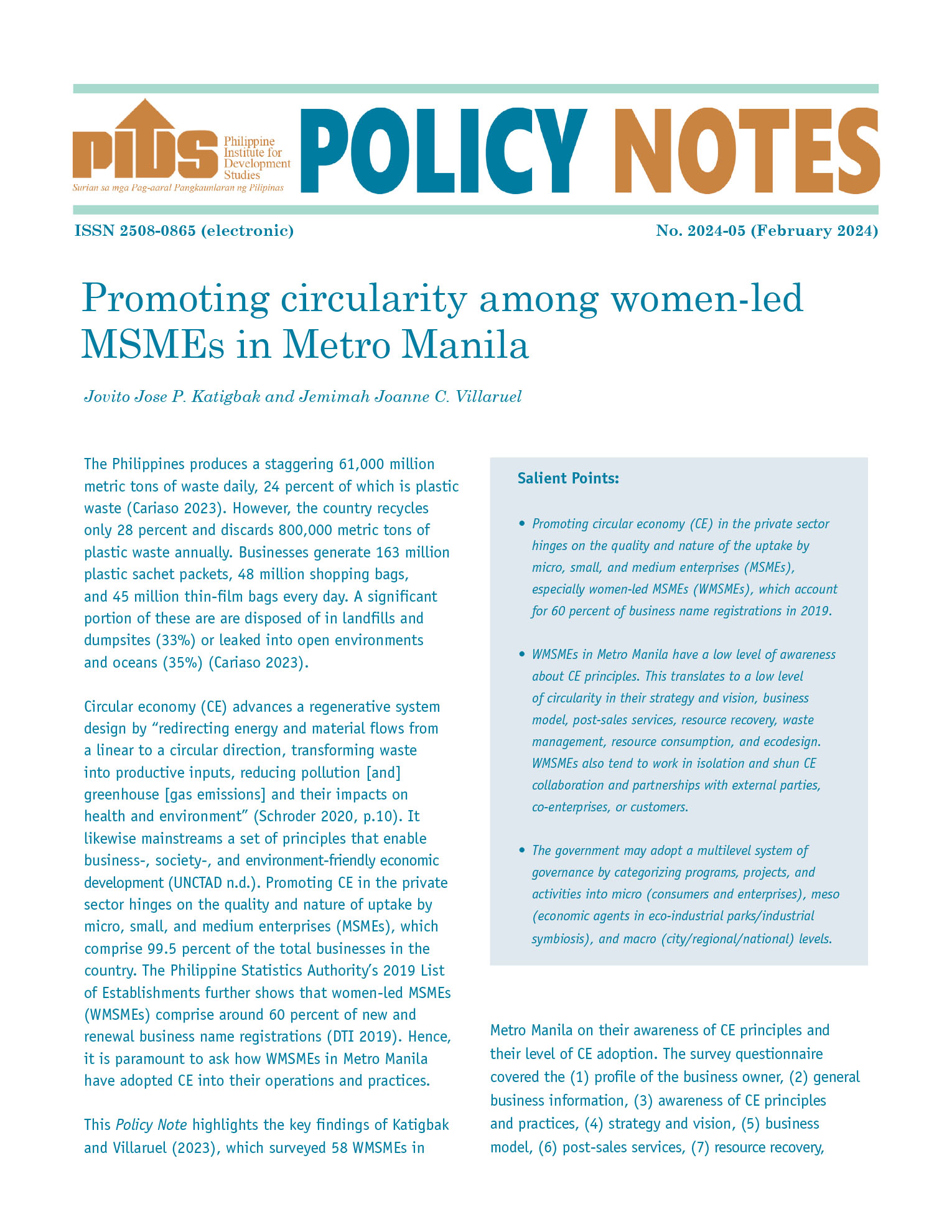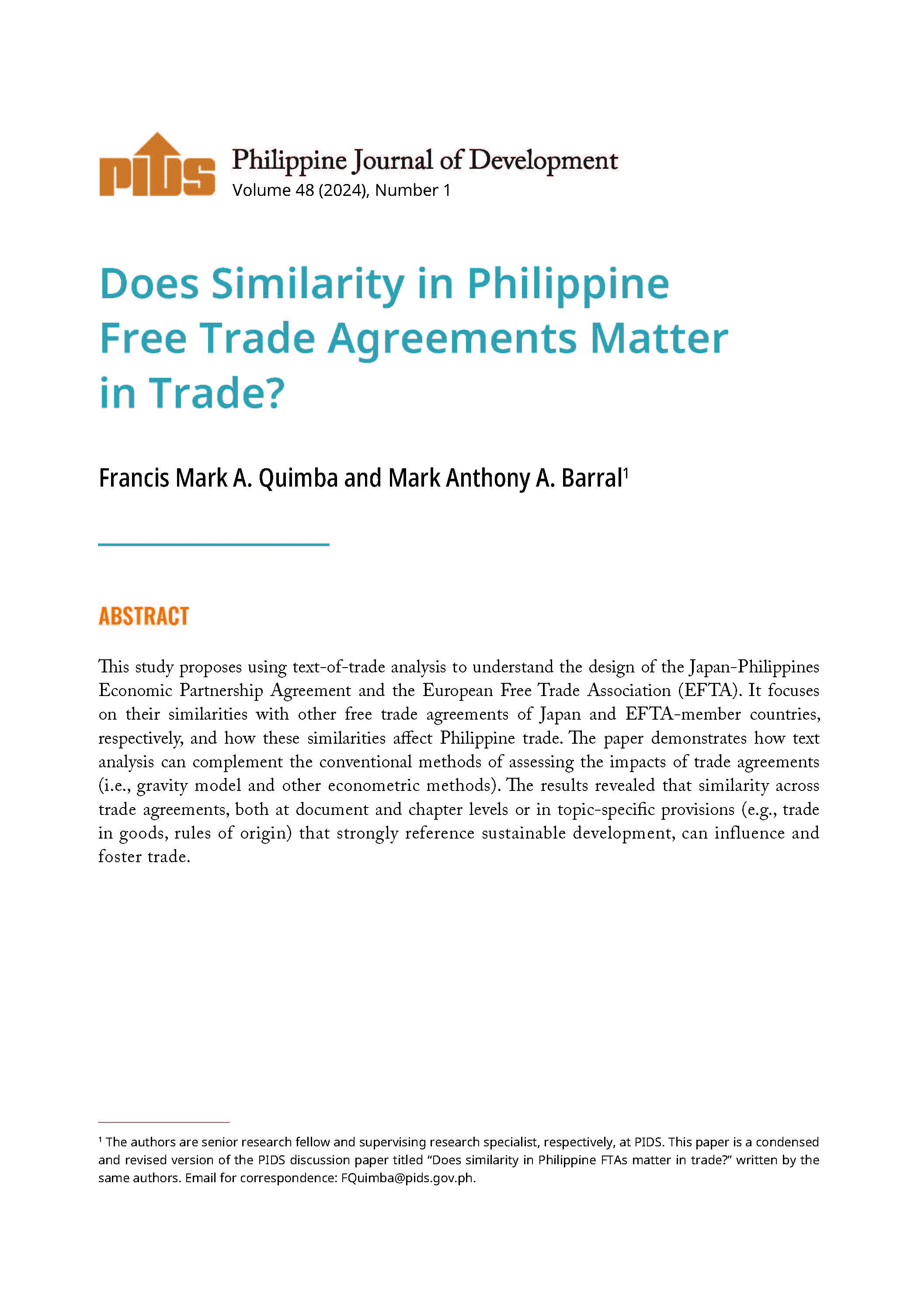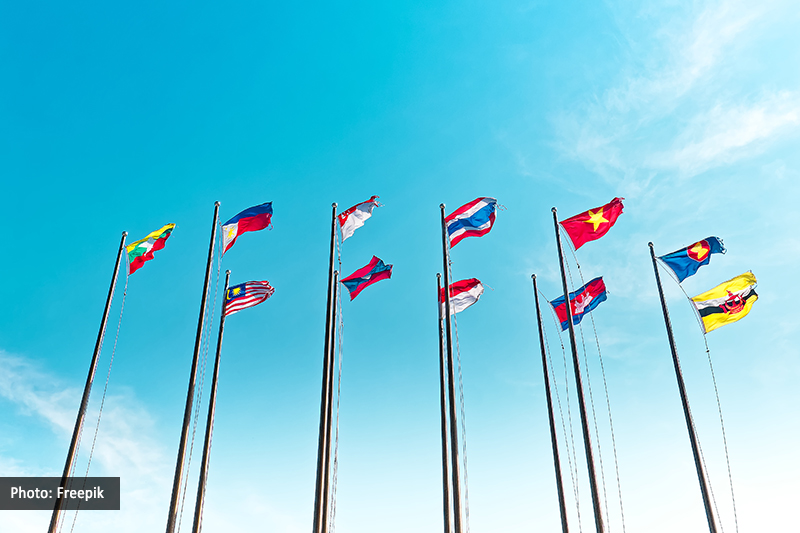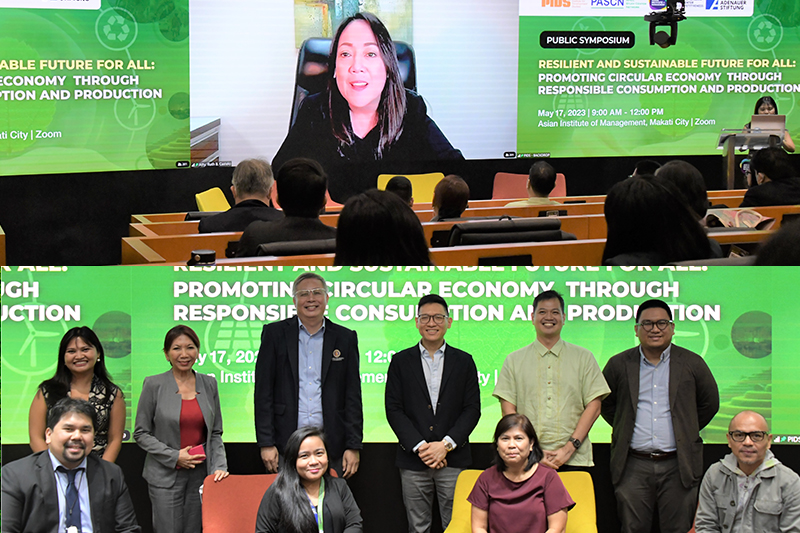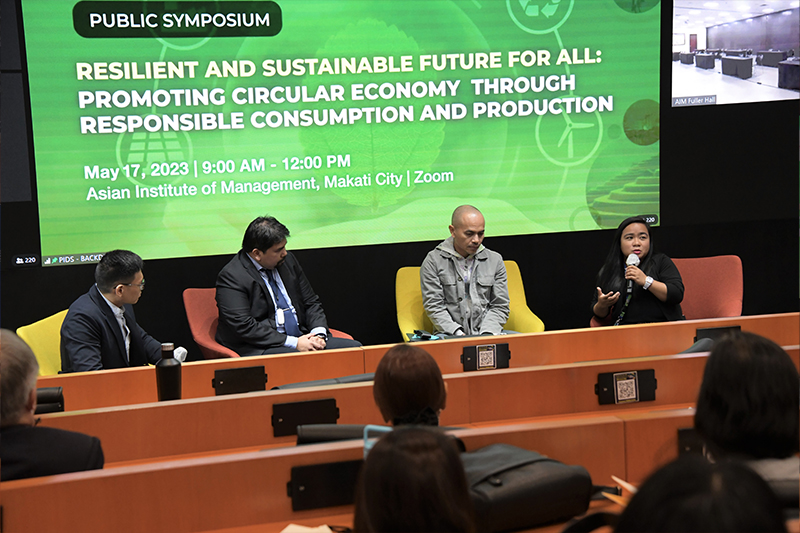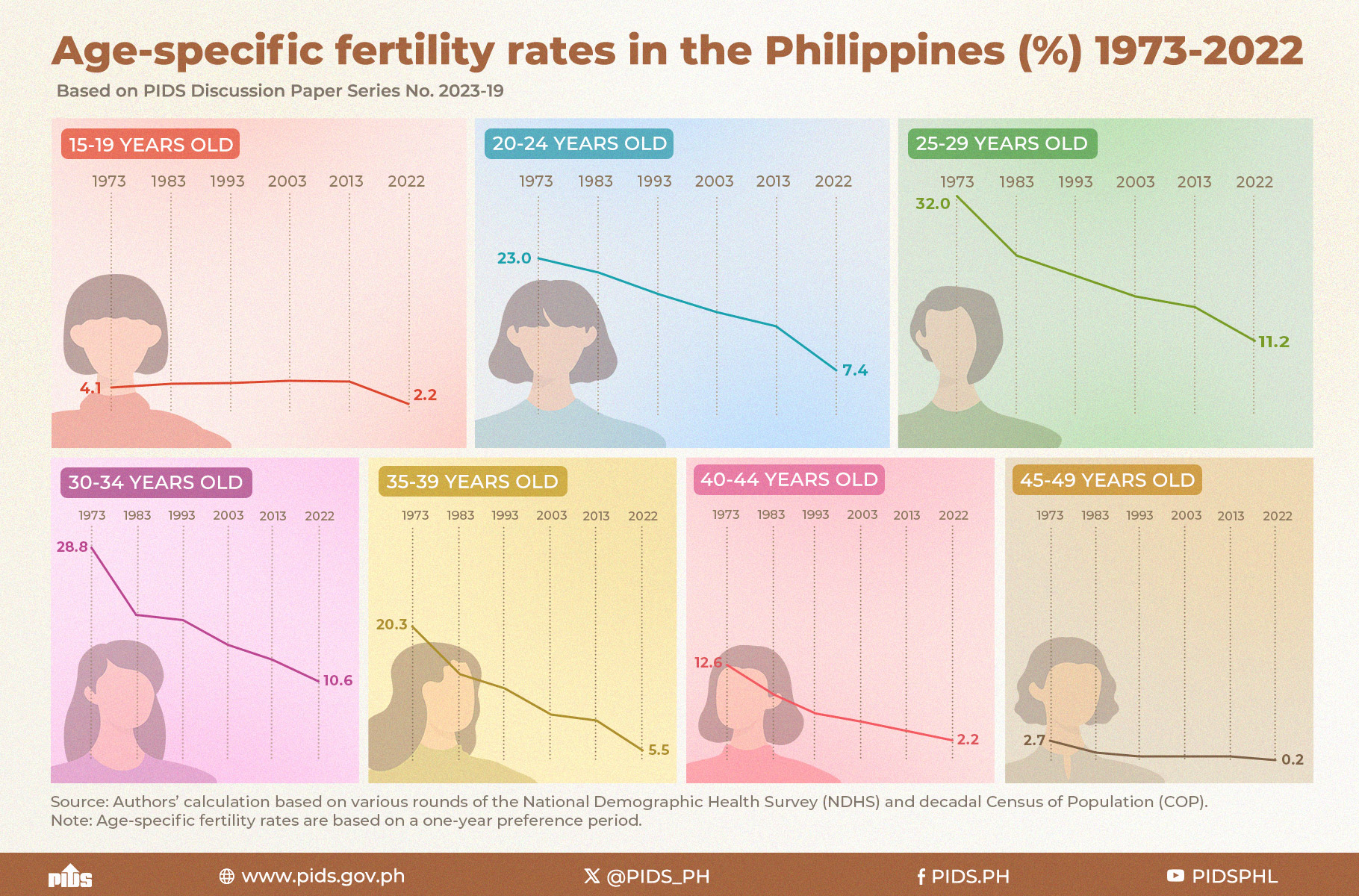Ratification of the Regional Comprehensive Economic Partnership, or RCEP, is expected to accelerate Philippines’ post-pandemic recovery, as participation in the world’s biggest free-trade pact will help the nation bring in more investments and also expand its exports, analysts said.
Philippine senators passed a resolution late on Feb 21 to ratify the RCEP. The Southeast Asian nation is the last of the 15-member counties to ratify the trade pact that took effect on Jan 1 last year. Philippines’ Socio-Economic Planning Secretary Arsenio Balisacan thanked the lawmakers for “taking this bold and game-changing move”, noting that the RCEP will provide “another engine for growing the (Philippine) economy and making it part of rapidly rising Asia”.
The RCEP aims to establish a unified market by reducing tariff and nontariff barriers. The pact’s signatories are the 10 members of the Association of Southeast Asian Nations together with Australia, China, Japan, South Korea and New Zealand. ASEAN comprises Brunei, Cambodia, Indonesia, Laos, Malaysia, Myanmar, the Philippines, Singapore, Thailand and Vietnam. RCEP members account for about a third of the global population and 30 percent of the world’s gross domestic product.
Ruben Carlo Asuncion, chief economist at Union Bank of the Philippines, said the ratification is “a step in the right direction for emerging economies like the Philippines”.
“This is a win for Philippine’s trade and economic growth,” Asuncion said. RCEP is a “very crucial” trade agreement as its signatories account for 50 percent of the global manufacturing output, over 20 percent of the global value chain trade volume and more than 30 percent of global exports of electronics and machineries,” he said, pointing out that some of the world’s biggest global value chain hubs — China, Japan and South Korea — are members of the trade pact.
Michael Ricafort, chief economist at Manila-based Rizal Commercial Banking Corporation, said the RCEP will help drive more foreign investments into the Philippines which will in turn create more jobs, boost exports and expand local businesses.
Alicia Garcia-Herrero, chief economist for Asia Pacific at French investment bank NATIXIS, said the expected benefits may just be “a small win” as the tariff reduction phase has a “very long transition period”.
Member-countries signed RCEP in November 2020. Signatories agreed to eliminate tariffs on more than 90 percent of goods traded within RCEP. These tariffs will be gradually reduced over a 20-year period.
A study published in 2022 by the Philippine Institute for Development Studies, or PIDS, has estimated that participation in the RCEP would lead to a 2.02-percent increase in Philippines’ GDP.
The RCEP “can be a catalyst for economic development” for the Philippines, it said. But the country needs to improve its trade openness and sectoral orientation, among other things. For example, the Philippines scored below 100 percent in trade openness in 2018, lagging behind Thailand and Vietnam.
Balisacan said RCEP will strengthen the Philippines’ position as “an ideal investment hub in the region”, as ratifying the pact will expand market access, facilitate trade, and align Philippine rules and procedures with participating economies.
He added that RCEP also complements the amended Retail Trade Liberalization Act, Foreign Investments Act, Public Service Act, and the Build-Operate-Transfer Law — all of which are meant to create a more investment-friendly environment in the Philippines.
But some members of the Philippine agribusiness industry have cautioned against excessive optimism over potential RCEP’s benefits.
“Much was made of the non-reduction of tariffs of the sensitive products. Tariffs are beside the point. The fact is that there was no path to development and competitiveness (of the Philippine agricultural sector),” said Bong Inciong, president of the United Broiler Raisers Association, an industry group in the Philippines.
Risa Hontiveros, the sole Philippine senator who voted against the RCEP, said she has received letters from over 100 organizations, including farmers groups, trade unions and fair trade advocates. She said these organizations represent “millions of Filipinos that say that our country is not ready for this deal, that we already obtain the benefits from our other agreements, and that we even stand to lose”.


